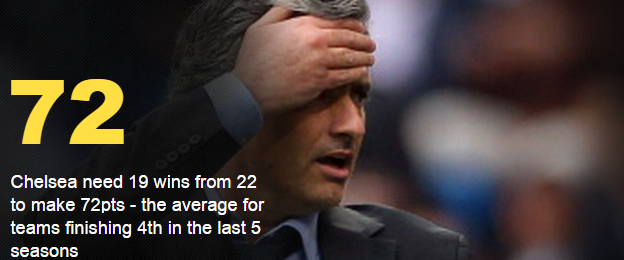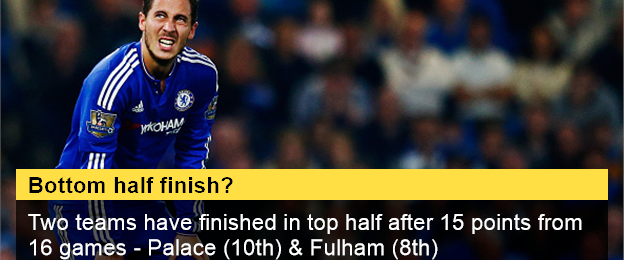Who
will get named next in the #DasukiGate arms deal saga? There are so
many rumours about certain people’s involvement floating around.
And
this time, President Buhari’s name has somehow come up, as it is being
alleged that he received $300,000 from ex National Security Adviser, Sambo Dasuki.
The presidency has denied the allegations via the following statement, Vanguard reports:
Our
attention has been drawn to reports making the rounds, especially on
internet-based media, that President Muhammadu Buhari received
$300,000.00 and up to five armoured SUVs from the Office of the National
Security Adviser in the aftermath of the attack on his convoy in Kaduna
last year.
We unequivocally deny
that President Buhari received $300,000.00 or any monetary compensation
whatsoever from the Jonathan Presidency or any of its officials, in the
aftermath of that attack, or at any other time since then.
While
it is true that one armoured SUV and one untreated SUV were sent to the
President in the aftermath of the attack, the vehicles were in keeping
with his entitlements as a former Head of State under the Remuneration
of Former Presidents and Heads of State (And other Ancillary Matters)
Decree of 1999.
Section 3, Sub
Section 1 of that Decree provides that three vehicles will be provided
for former heads of state and replaced every four years.
There
was therefore nothing untoward, illegal or tending to corruption in
former Head of State Buhari and Presidential aspirant, as he then was,
receiving vehicles, to which he was statutorily entitled, from the
Federal Government of Nigeria.
President
Buhari had in keeping with his austere, spartan and frugal disposition
shunned most of his entitlements as a former Head of State, but was
prevailed upon by his supporters to accept the two vehicles for his
personal safety in the aftermath of the dastardly attempt to assassinate
him.
It is preposterous to think
that the President will allow his acclaimed reputation of honesty and
incorruptibility to be tarnished by accepting a questionable monetary
compensation from a discredited regime.


















